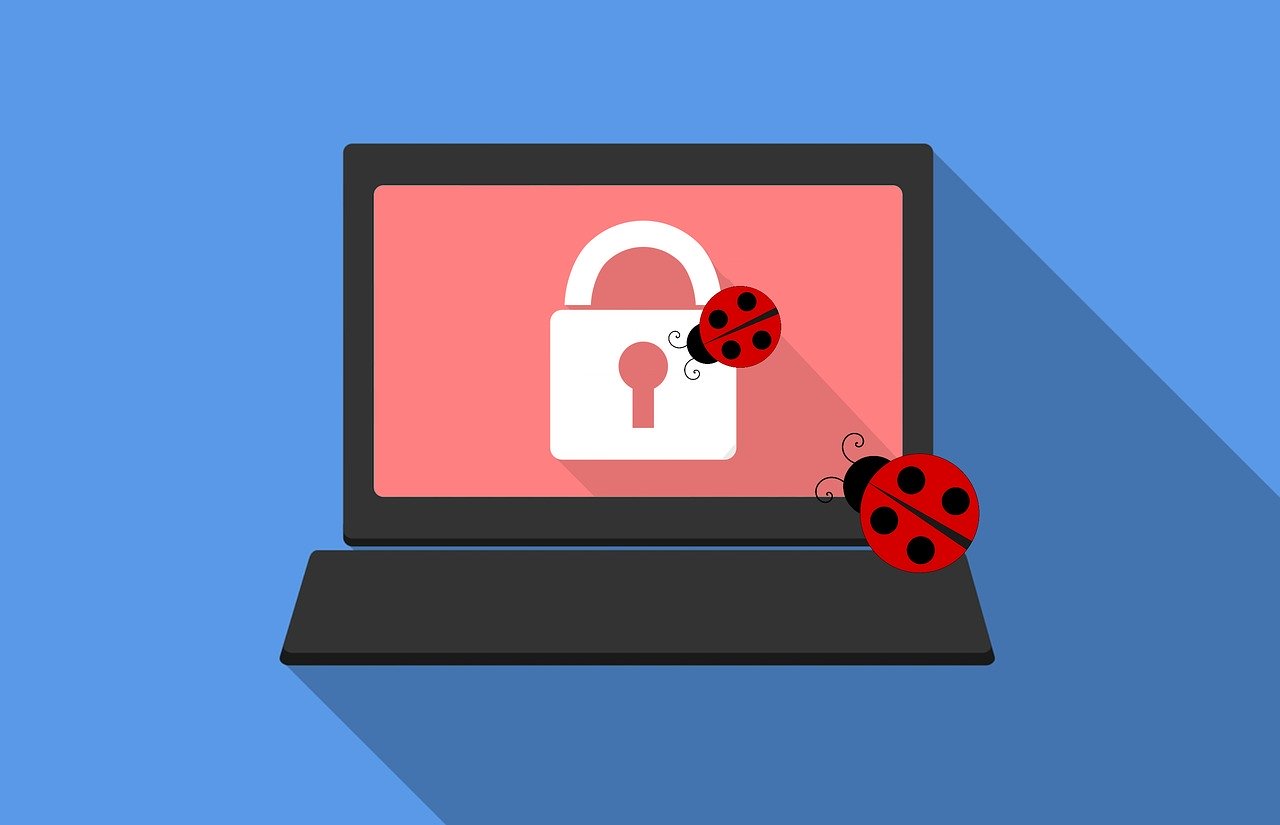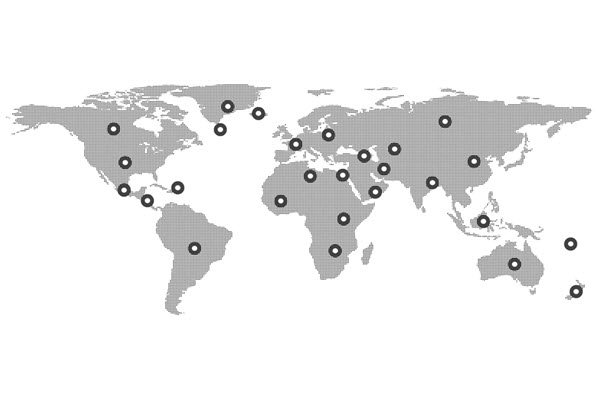Do you always feel like somebody is watching you? No, this isn’t a bad rendition of Rockwell’s famous 1984 hit single. It has everything to do with threats to cybersecurity, more specifically – spyware.
According to statistics from the Internet Crime Complaint Center, the FBI reports that internet-related fraud, theft, and exploitation are responsible for financial losses to the tune of $2.7 billion every single year. A huge chunk of this can be attributed to credit card fraud, personal and corporate data breaches, and compromised business / personal email accounts.
Wondering how the bad guys do it? They use spyware.
Here’s a crash course on everything you need to know about it and how you can avoid becoming another statistic.
What Is Spyware?
Spyware is a type of malicious software or “malware” that is installed on a user’s device and covertly monitors all its activity without their knowledge. It secretly gathers information about an individual or organization and relays it to third parties. While this sounds like something straight out of an espionage film, the threat of spyware is all too real.
Some categories of malware use your internet connection to relay personal details like your name, contact information, downloads, search history, browsing habits, and other sensitive data. Others like keyloggers steal login credentials for linked bank accounts or credit card information and use them for insidious purposes.
Some have been known to hijack a user’s browser, point to another website server and make calls or send text messages automatically from your device. Others display annoying pop-up ads even when the device is offline.
Nonetheless, it’s important to differentiate between conventional data collection programs and spyware. If a website or application notifies you of its intention to collect data, as well as the type of data it needs to gather and with whom it will be shared, such sites and programs cannot be classified as spyware.
Legitimate web-based applications need this information to improve the quality of products, services, and support they offer to their consumers. Computer spyware doesn’t request nor require your permission.
Legitimate data collection applications use “cookies” to collect and store information about a user’s internet activity and preferences. Users can allow or deny cookie tracking. This option, however, isn’t available for spyware.
How Does Spyware Work?
You’re now likely wondering how spyware gets installed on your computer or cell phone in the first place. Hackers use rather ingenious methods to lure you into installing them without your knowledge. Perhaps the most common method used to propagate the menace is by getting unsuspecting users to click on a malicious link that is embedded in an email, a text message, a pop-up ad in a browser, or a banner on a sketchy website.

In some cases, users don’t even need to click on the link to activate the spyware. Sometimes the malicious code can be embedded on a legitimate website, which then infects an unsuspecting visitor’s device just by landing on any page of the site. These are referred to as watering-hole attacks.
Opening infected files attached to emails purporting to be from credible sources like the US Post Office or a well-known bank is another common way of distributing spyware. Rogue software developers can also embed malicious code in freeware or tout an add-on as a must-have addition to a user’s software library.
Once the victim downloads and installs it, they activate the spyware, which runs stealthily in the background without the knowledge of the user in question. If you believe that it only affects PCs, guess again. With the advent of smartphones, cell phone spyware has become rampant.
Types of Spyware
The term “spyware” doesn’t refer to a single type of program. It is, in fact, an entire category of malware. Each type is designed to do several things.
Some of the most common classes of spyware you’ll come across include:
1. Adware

Advertising malware or “adware” is a type of spyware that is often bundled with many shareware, freeware, and utility programs downloaded from the internet. They are often used for marketing purposes to track a user’s internet activity, browsing history, search preferences, and so on. This data is then sold to third parties who use it to develop highly targeted contextual marketing campaigns.
2. Keyloggers

Keyboard loggers or “keyloggers” are essentially system monitors that track every piece of activity that occurs on a computer system. This spyware is used by cybercriminals to steal login credentials, credit card information, and sensitive data from large and small-scale enterprises. They are sometimes also used by parents who want to track their children’s smartphone activity.
3. Trojans

Spyware can also be in the form of a Trojan, which is a type of malicious software that disguises itself as a legitimate program. So an unsuspecting user could end up installing what they perceive to be the authentic software only to later discover that it was malware.
4. Cell Phone Spyware

This is a particularly dangerous form of spyware since it can be transmitted via SMS or MMS and doesn’t require any user intervention to execute commands. So, hackers can access the phone camera to spy on surrounding activity, record phone calls, read messages, record keystrokes, and even view internet browsing history remotely.
Spyware Removal and Prevention
If you notice that your computer system is running a little (or a lot) slower than usual, freezes up or crashes unexpectedly, chances are, it has spyware running in the background. The only way to be sure, though, is to use a robust spyware detector and removal program or antivirus to scan the system for malware and delete it. You should also ensure that your operating system and other software are up-to-date and only download software from trusted sources.
If a pop-up ad appears on your browser, steer clear of it. When downloading any software, carefully scrutinize all the disclosures in the End-User Agreement before proceeding with the installation. This gives you the chance to opt-out of any add-ons that appear suspicious.
Strengthen Your Cyber Defenses
At first glance, spyware may appear to be harmless in its least damaging form when it generates annoying pop-up ads when you’re trying to browse. However, in its most dangerous form, it could steal critical information like your credit card details and bank login credentials, which could have devastating consequences on your financial wellbeing.
Beef-up your cybersecurity defenses to avoid becoming the target of a malicious cyber attack. If you’re not sure which solution is right for you or your organization, speak to an expert to point you in the right direction.



Leave a Reply
You must be logged in to post a comment.